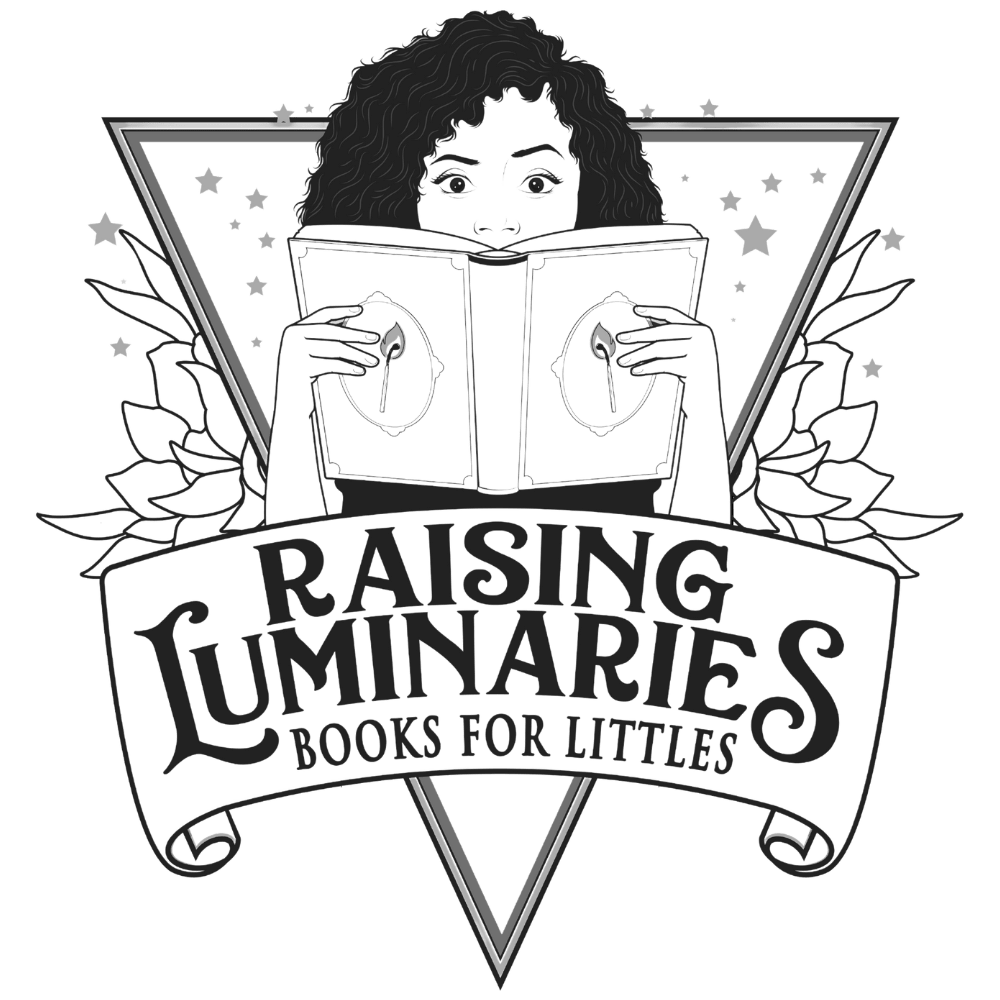Raising Luminaries & Books for Littles are free and accessible for readers who can’t afford a paywall. Posts may contain affiliate links, which allow me to earn a commission at no extra cost to you. Check out the full affiliate disclosure along with my statement of accountability.
Let’s Learn About Indigenous Women’s Equal Pay Day
An Indigenous woman must work an extra eleven months and thirty days each year to get paid the compensation of a white dude.
We’ll talk more about some of the generational trauma that holds Indigenous women back for #OrangeShirtDay, and we have resources to end Missing & Murdered Indigenous Women & Girls. But for now, we’ll focus on how we weaponize displacement and uncertainty to prevent Indigenous women from tapping into generational resources and wealth.
The methods colonizers and settlers have used to disempower Indigenous women has taken many forms over the years, including introducing decimating viruses, violent displacement, cultural genocide, and laws and policies that encouraged mercenaries to kill and drive out Indigenous people. Pair that with broken treaties, separating families, and modern laws that give colonizers immunity when committing violence against Indigenous people, we begin to understand that all displacement – both active and as a consequence of our negligence and greed – have generational impacts on vulnerable people, particularly women and femmes.
These days, the most socially ‘acceptable’ way we displace and target Indigenous people is to steal land for the purpose of developing highways, buildings, and oil pipelines.
When is it?
- 2021: September 8
- 2022: November 30: In a year, we’ve expanded the equity gap by an additional 83 days – almost three full months of work
Read:
- Classified: The Secret Career of Mary Golda Ross (Ages 7+) Takes more of a positive spin on the contributions of a decolonized perspective in STEAM, with only brief references to any challenges she faced. It’s just the only #OwnVoices book I can find alluding to workplace and education discrimination.
- We Are Water Protectors (ages 3-8) See more on this book here.
- Sixties Scoop: A validating story for Indigenous children (and adult survivors) of cultural genocide via adoption.
Discuss:
Settlers, remember this is not an exercise in shame, but to acknowledge the invisible opportunities and advantages we’ve gained at the expense of Indigenous women & girls. So we can stop doing harm and create more opportunities for all.
- Why do you think so few books are written by and about Indigenous women? Why are there so few about Indigenous women in STEAM and other highly-paid industries?
- What is displacement?
- People are not displaced without a cause. What is displacing them? Who is using their power to displace them?
- Talk about how your family gained wealth and opportunities for employment, and how these opportunities would have been different if you had to work not just on that but also trauma from people ejecting you from home, you had been ripped away from your family, or if you were currently in fear of being hunted down and killed.
- When have your ancestors taken advantage of social connections and mastery of common cultural language to find a job or get hired?
- How have your ancestors relied on solid roots – steady access to education, childcare, healthcare, transportation, and housing to successfully find a job, work towards a pay raise, or start and grow a business?
- Imagine your home and community is to be destroyed by a natural disaster within the next year. How will that interrupt your family’s ability to pay the bills? What parts of your life would you have to start from scratch?
Take Action:
- Tell Congress: It’s time to pass paid leave, and raise the minimum wage, and increase pay transparency!
- Tell Congress: End the child care crisis
- Take Action on Equal Pay Day
- Parents & Educators: download the Nonviolence Equality Wheel from the National Indigenous Women’s Resource Center. Discuss the principles on the wheel. Help kids create their own nonviolence wheel on principles they can commit to as they form relationships in friendship, school projects, and paid work.
- Educators: Check out the resources & presentation recordings from the Indigenous Peoples’ Day Teach-In Workshops via Teaching for Change.
Additional resources to dig deeper into this topic:
- Provocative Kids Books About The Fight For Workers’ Rights
- Children’s Books by Indigenous Authors
- Kids Stories For Women’s Equal Pay Day
- Kids Books About Poverty Inspiring Kids To Give Back
- Smashing Wealth Inequality, a guide for parents & educators
- Acknowledging personhood with We Are Water Protectors
- Validating Stories for Adopted Kids






